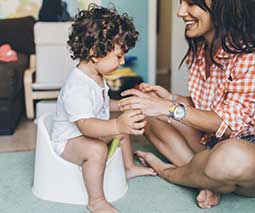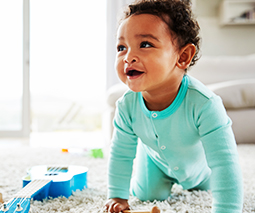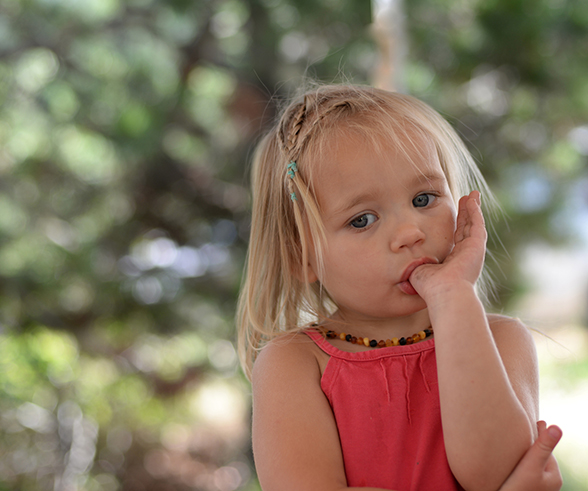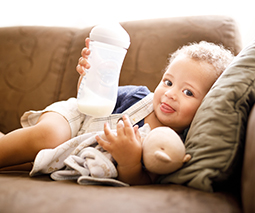Raising boys: Maggie Dent busts the 4 biggest myths

From displaying emotions to playing with dolls, there a lot of myths out there when it comes to raising boys, speaking to Kinderling Conversation, author, educator and parenting specialist, Maggie Dent explains the big four.
1. Boys don’t cry
“This one is really a pile of poop to be really honest!” says Maggie. “What we do know is that boys do and need to cry. The worst thing an adult can say to a child boy is: ‘Stop crying’ or ‘go and sit in the corner till you stop crying.’ Crying is an expression of vulnerable feelings and gets shut down in boys really quickly. I’ve met men with enormous amounts of grief that has never been processed that has turned into anger or depression or aggression. We must be careful that boys never hear that message.”
Wise words here…
Posted by Education to the Core on Saturday, 30 June 2018
2. Boys don’t feel
Boys feel just as intensely as girls and women, but according to Maggie, they don’t always know how to recognise or name what they are feeling. “Often boys will have to go away and process what is going on. And it takes them a while to work out whether what they are feeling is hurt, sadness or anger? The tendency for boys is to feel they can’t express any other feelings, so they just turn to anger.”
As parents, we need to focus on helping boys name their feelings. One of the easiest ways to do this is to be OK with expressing your own emotions in front of your kids. “It’s OK as a parent to cry in front of your kids,” says Maggie. “If we are not honest about our emotions in front of our children and feeling sad and not brushing it away. You can say, Mummy is feeling overwhelmed right now with everything going on, so if you could give me a hug that would be great. That’s called teaching emotional literacy.”
Maggie says boys don’t just watch their dads for emotional cues; they are also watching their mums and everyone else around them. “It’s important to teach them that it’s OK when we get sad with really big things. And when you’re vulnerable, you’re not wrong, and you’re not bad. When men feel worthless, they think it’s better that they leave. We need to help undo this pattern, and gradual emotional coaching from birth to seven will get us there.”
Listen to Maggie Dent on Feed Play Love:
3. Boys don’t play with dolls or dress ups
Gender differences are fluid but there are certain things we can identify early on, according to Maggie. “Studies show baby girls under six months of age, will focus on a face when someone speaks to them from the cot, whereas the boy baby will focus on the mobile.”
Maggie says it’s essential that dolls and dress-ups are offered to boys as an opportunity in a ‘fun’ context – but adults need to watch their reactions. “As soon as they [boys] get the slightest frown they will shut it down and not do it. They really do pick up on mixed messages early on. Be careful of those little frowns and scowls, because they are very sensitive and looking for confirmation about ‘Am I OK?’ and ‘Is this what boys are meant to do?’”
4. Is rough and tumble their default setting?
“It’s a complete myth. You have to look at temperament – it’s the rooster temperament. And that can be in boys and girls and it’s where they are trying to work out where the boundaries are. That kind of play is also an expression of freedom, so we need to create a safe environment to play, with very few rules. The authentic autonomy of children needs to be developed, because unfortunately, and from a great place of love, many parents over-orchestrate their children’s lives. You need to give children choices and opportunities for free play, to build things and pull them apart. It’s about creating opportunities where they don’t always have to be neat and tidy.”
This post was originally published on Kinderling Kids Radio. Download the Kinderling app for more great stories.









